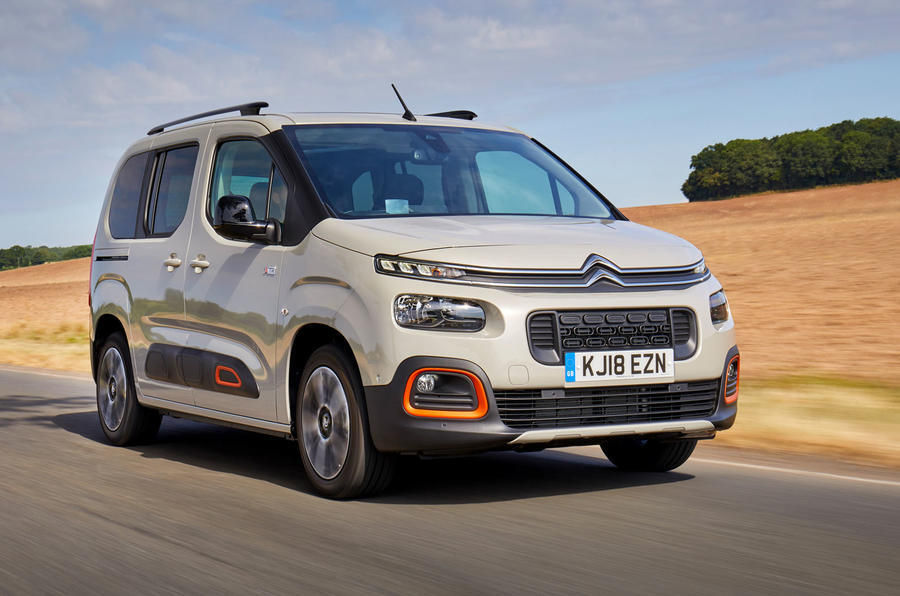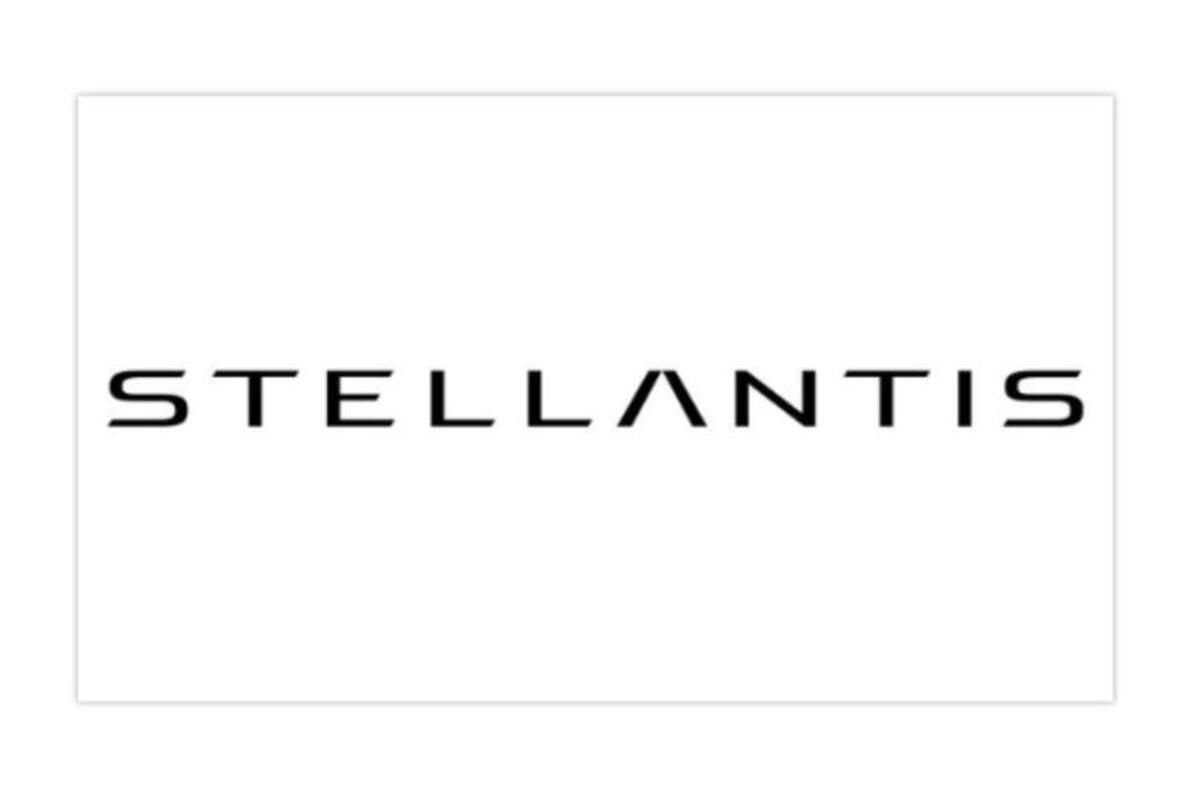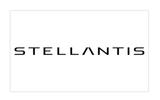The planned merger between Fiat Chrysler Automobiles (FCA) and the PSA Group has been officially completed, creating a new industry giant called Stellantis.
The new company takes its name from the Latin ‘Stello’, meaning ‘to brighten with stars’. Set to produce about eight million vehicles a year, with promised revenues of over £150 billion, Stellantis will become the fourth largest car firm in the world.
Stellantis will combine a total of 14 brands, containing a mix of volume sellers, mostly provided by PSA, and more premium ranges, such as FCA’s Alfa Romeo and Maserati. Some of these brands are more Europe-centric and some are more focused on the US.
The full list of brands housed under Stellantis is: Peugeot, Citroen, DS, Vauxhall/Opel, Alfa Romeo, Fiat, Lancia, Maserati, Dodge, Jeep, Chrysler, Ram and Abarth.
According to spokespeople from PSA and FCA, the merger will eventually save the companies £3.2 billion through a mixture of synergies and economies of scale.
The new umbrella company is owned 50/50 between FCA and PSA. PSA’s Carlos Tavares is the CEO of Stellantis while FCA's John Elkann (of the famous Agnelli dynasty) is chairman.

The deal was provisionally struck in October 2019 and formally agreed by shareholders from PSA and FCA two weeks ago - it was voted through almost unanimously, with an approval rating of around 99% by the boards of directors of both firms. The European Commission gave regulatory approval to the merger earlier this month.
While Stellantis is now an official company, shares in the firm will not be tradable until January 18, when Stellantis releases common shares to be exchanged in Paris and Milan and floats on the New York Stock Exchange the day after.








Join the debate
Add your comment
FIAT, Vauxhall, Opel, Citroen and Dodge become country or region-specific brands of effectively the same mass-market models, with only subtle changes to suit each brand. Only one of the brands is offered in the country or region where the brand is strongest (Vauxhall in UK, Opel in Northern Europe, FIAT in Italy and Southern Europe, Dodge in Americas, etc.).
Sitting above them are the higher value brands whose characteristics work cross-region, offering bespoke, more upmarket and individually styled models: Alfa the sporty one, Peugeot style and sophistication, JEEP off-roaders to go after Land Rover, Chrysler for America (etc.)
Maserati is the halo brand offering genuinely high-end models to take on Porsche and maybe even Ferrari.
DS dies, there's no need for it, and Lancia becomes the electric-only brand to push new technologies before rolling them out to the other brands. To face-off against the likes of Tesla and Polestar.
Abarth's the performance brand of the mainstream models where it makes sense in a particular marketplace. RAM is the high performance JEEP and trucks.
That feels like a reasonable way to use the brands if they can make the higher value models genuinely aspirational and desirable.
all that makes sense except Lancia. All the brands are going to have to electrify - there is only 10 years before ICE is outlawed in most countries. Lancia should go the same way as DS in your scenario leaving the path clear for Alfa to become Stelantis Audi
Great things could be done with Alfa, Fiat and Maserati with the right level of investment and direction- was a shame seeing the Ghibli stuffed with a load of tinsil from the Chrysler 300c... 5er rival it was not.
Fiat = <£15k / Alfa = £15k - £40k / Masterati = £25k - £100k. Sell them in the same dealer?
Why doesn’t Autocar do a poll on the Vauxhall brand- and if the motoring public would be bothered if it was cast off and augmented into Opel? Guess the niche from a Stellantis point of view is Opel is German etc, could capitalise on percieved quality and the usual connotations.
Vauxhall from a marketing and brand point of view is up there with Rover and Daewoo- what's the point.
im sure most Autocar readers would be happy to see Vauxhall dropped for Opel. But I expect many people who buy and understand Vauxhall don't read Autocar!
Like Washine powder, two multi National companies make them all,now, imagine that scenario with Cars.
We all know the auto industry is heading that way, with electrification, and, ultimately, autonomous vehicles, when nobody will care less about brands. I expect quite a few of Stellantis' brands to slowly disappear.